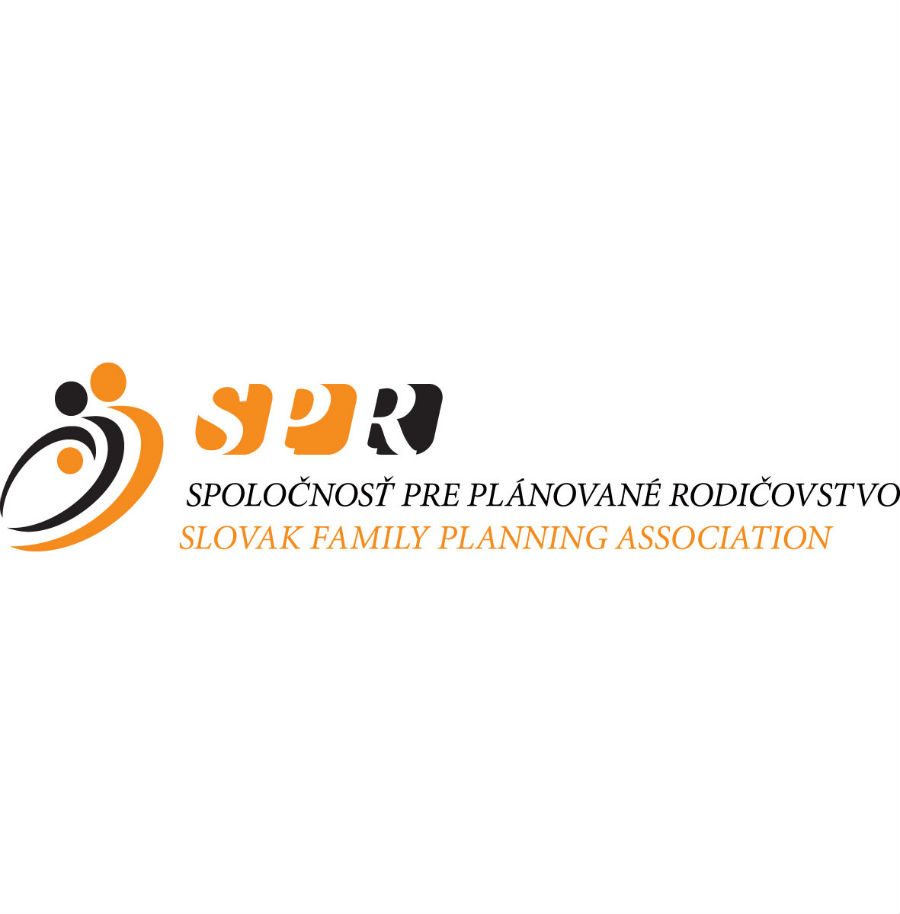

| 31 March 2016
Slovak Family Planning Association
The Slovak Family Planning Association (Slovak FPA), Spoločnosť pre plánované rodičovstvo, is an organization comprising physicians, nurses, teachers, psychologists, journalists and lawyers who work in sexual and reproductive health. Its mission is to promote awareness of sexual and reproductive health (SRH) issues and to defend the individual’s basic human right to SRH. Slovak FPA has 3 main goals: To support, defend and monitor compliance with the basic human right of all men and women to make free and informed choices with respect to their own SRH To initiate changes in the education system with regard to SRH To establish Slovak FPA as a multi-disciplinary NGO charged with coordinating the delivery of SRH right across the community Cultural and religious constraints on the pursuit of this agenda are substantial. Slovak FPA is therefore very active in organizing conferences, press conferences and high-profile mass media activities to increase awareness of sexual and reproductive health and rights (SRHR) among both professionals and the public. Slovak FPA organizes the training of teachers for sex education, and the training of volunteer-advisors for a telephone hotline which provides help and support to abused children. It runs lectures for nurses and physicians in postgraduate courses, undertakes targeted work with marginalized Roma communities, publishes a quarterly information bulletin, and works closely with international agencies such as WHO, UNFPA, UNICEF and UNHCR to promote family planning both in Slovakia and abroad. Some of the past projects of SFPA are: Improving Women’s Health through Sustainable Reproductive Health Care Services Education of nurses in the HIV prevention Roma project VISION 2000 – improving access of marginalized groups to reproductive health services Sexuality education – creation of methodical handbook for comprehensive sexuality education Gender mainstreaming in services of reproductive health Sexuality education in the context of human rights

| 19 January 2024
Gestos - Brazil
Gestos is a philanthropic organization founded in 1993 by sociologist Acioli Neto, journalist Alessandra Nilo, sociologist Márcia Andrade and social worker Silvia Dantas. The first project developed was supported by MISEREOR and focused on psychological care for people living with AIDS, as well as the training of information multipliers in the poorest communities of the Metropolitan Region of Recife. Since then, they have effectively contributed to guaranteeing the human rights of people living with HIV and AIDS. About 70% of the people who have sought legal support from the institution have had their rights redressed, through precautionary measures and sentences, which today are even part of the list of jurisprudence on the subject of Law and AIDS. Throughout its history, the organization has considered communication as fundamental in the fight against AIDS and has fought to expand this understanding in Pernambuco, Brazil and Latin America. This vision has consolidated Gestos as an important reference in Communication and AIDS in the country, with special emphasis on discussions on Public Policies on Health Communication. They also help to form new civil society organizations, such as the National Network of People Living with HIV/AIDS (RNPVHA - 1995), the Positive Work Group - GTP+ (2000), the Group of Positive Actions (2003), the Group of Support to HIV Positive People (GASP) 2003, Acts of Citizenship (2006). From 2007 to 2011, Gestos created and coordinated the UNGASS-AIDS Forum on Sexual and Reproductive Health, where it oversaw the implementation of agreements signed at the UN in sixteen developing countries. The UNGASS-AIDS Forum has established itself as a space for political debate on issues related to HIV and AIDS and sexual and reproductive health and rights. They are also a consultative NGO at the UN, with ECOSOC status since 2017. Instagram Twitter







